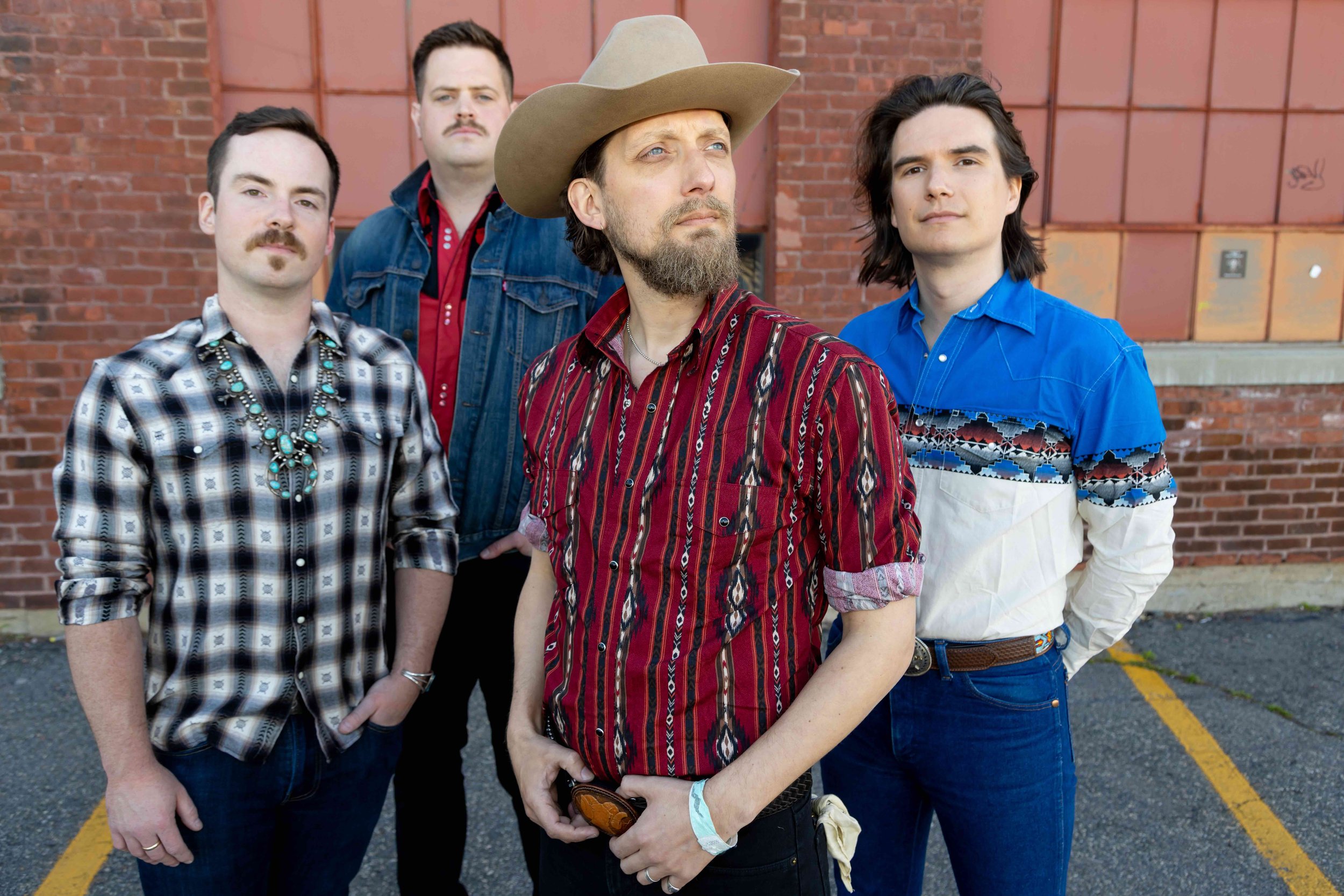CONCERT FAQs
From heart wrenching ballads, to foot-stompin’ rock ‘n’ roll, whether live or on record, Ward Hayden & the Outliers deliver every time. Come catch their Word Barn debut.
ABOUT WARD HAYDEN & THE OUTLIERS
Boston is one of America’s great music towns. But among the various styles the city is known
for that have launched many musical acts to success and stardom, country music wasn’t a
truly thriving genre there, that’s until singer, songwriter and guitarist Ward Hayden and his
band The Outliers (formerly known as Girls Guns & Glory) sang and played their distinctive
take on C&W with a rock’n’roll kick to the top of the Boston scene and a thriving, critically-
acclaimed and highly-awarded career across America and in Europe.
Now, with their ninth LP, South Shore, Ward Hayden & The Outliers bring their “amber-soaked
melodies, tight musicianship, and casual elegance” (Boston Globe) all back home, literally and
spiritually. Ward notes that the release is “the closest thing I’ve ever done to a concept album. I
wanted to just recount my experience of growing up in a small town and what it meant and
what it took to get out and leave that behind to try and pursue something, chase after
something that was and is a dream. I used to joke that my greatest achievement was I got out
of here because it was no easy feat. My family had moved 12 times by the time I was 12 years
old, so once there was a place I could really call home and I’d developed friends and
connections, it was tough to leave that behind. But, Scituate, Massachusetts isn’t Las Vegas, if
you want to get your music to a wider audience you have to get out in the world and bring it to
them.”
Over the course of eight previous albums and playing some 200 shows a year for most of the
last two decades, his band became leading lights for contemporary country that integrates the
music’s finest traditions into a sound Cincinnati City Beat hails as “incredibly endearing.”
They’ve won seven Boston Music Awards (including Act of the Year), the French Country
Music Awards crowned them the Independent Artist of the Year, plus an Americana Music
Awards nomination for Artist of the Year. As well, they are a regular presence on the
Americana chart and SiriusXM’s Outlaw Country channel.
South Shore, released on the band’s own Faster Horses Recordings, is an album rich with
reflections, lessons learned, and ruminations sparked by Ward’s return in 2019 from living in
the greater Boston area back to his small coastal hometown of Scituate, some 30 miles
southeast of the city, where he grew up. Plus, he and his wife welcomed their first child, a
daughter now two years of age. It’s also a return to working with producer Rob Loyot, who
recorded Ward’s first three albums, and who Hayden feels “might be my musical soulmate.”
“There's that old adage that you can never really go back home,” Hayden observes, “because
whatever that nostalgia you have of that time back in the day, it just doesn't exist anymore. Life
moves forward and life moves on. But I did want to go back and experience and see what was
still there and if I had place in it. I left home in search of finding my place in the world and at
this point in time that search led me back to where a lot of things for me started. It led me back
home to the South Shore.”
The album starts off with a briskly cantering mission statement, “Write a Song,” followed by
observations, memories and contemplations on the place he hails from, both then and now, on
both the title track and “(Breaking Up with) My Hometown.” He sings about a mother
comforting a child and offering lessons she’s learned on “Hush,” and rides the Western musical
high plains, complete with old-school country yodeling, as he sings about how quickly and
constantly things change in “Blink of an Eye.” In the wake of a tumultuous time in his life, in
“Can’t Wake Up” Ward recounts a prophetic dream he had about the ravages of warfare that
chillingly became reality in the conflict between Russia and Ukraine. Ward ponders his place in
the world by chronicling the evolution and development of perspective in “Gasoline” and
“Things These Days,” and then slips into a Waylon Jennings vibe in a number about a
tempestuous relationship in “Crazy Love.” The album wraps up with a philosophical meditation
on what’s to come that he wrote for his wife, “The Great Unknown.”
With his “pillowy voice of a ’50s pin-up star,” as the Boston Globe describes Ward’s vocals, at
the center of the mix, South Shore delivers deliciously tasteful and warm arrangements that
reach into the hearts of most any and all country fans. They are sure to win over music lovers
who have yet to embrace the charms and rewards found within the genre.
Even as a youngster, Ward was something of an outsider within his hometown. His musical
tastes were fostered by his mother’s love of classic country acts like Johnny Cash, Willie
Nelson, Hank Williams, Dolly Parton, Charlie Pride, and Linda Ronstadt, which was “definitely
out of the ordinary among her contemporaries,” Ward notes, along with his grandmother’s
affection for classic pop crooners like Frank Sinatra and Bing Crosby. His father instilled in him
a fondness for cowboy culture watching 1940s and ‘50s TV and movie Westerns together
starring the likes of Roy Rogers and Gene Autry. At about 10 years old, his mother started
taking Ward with her to concerts, including a Bob Dylan show that opened his ears and mind to
the creative possibilities of superior songwriting and the duality and depth of well-crafted
lyricism.
His first instrument was the drums, and throughout his high school years Ward played in rock,
punk, and noise bands. While later attending college at the University of Connecticut, “I had
this absolute piece of crap Oldsmobile car with a radio that didn't work, and only a tape deck,"
he recalls. Ward borrowed a Johnny Cash compilation cassette from his mom for the drive
back to school, and “the second I put that on, it changed the entire course of my life. It was
everything I'd been looking for.”
After graduation, he returned to Scituate and made a stab at teaching as a career. When he
was 24, his mother gifted him with a Gibson J-45 guitar. Once Ward mastered a few chords, he
began working up country songs he loved and composing his own originals. Soon after, he
started a band with some old hometown friends that became Girls Guns & Glory.
“When we started, we were too country for the rock clubs in Boston, and we were too rock for
a lot of the listening rooms or the folk clubs,” Ward recalls. “Once those venues started to give
our music a deeper dive they gave us a chance, and those venues were really important and
instrumental for us in developing the band and an audience.”
With the path he was destined to follow opening before him, Ward left teaching to pursue his
passion for making music. While painting houses part-time between band gigs he met a
customer (Rob Loyot) with a home studio who wound up producing the first self-released Girls
Guns & Glory album. As Ward’s friends from Scituate began leaving the band to pursue nine-
to-five careers and raise families, Ward moved to Cambridge and landed amidst a music
community where he found fellow musical lifers ready to tour relentlessly and cut more albums.
As the group rose to the top of the Boston scene, major record companies like Geffen,
Reprise, and Sony Music started courting them. Hayden opted instead to do a one-off deal for
their second album with the independent Lonesome Day Records, which primarily focuses on
bluegrass acts. That led to further releases on that label and its Dry Lightning Americana
imprint. The group has worked with such noted producers as Paul Kolderie (Radiohead, Hole,
Warren Zevon, Morphine, The Mighty Mighty Bosstones, Uncle Tupelo) and Eric Ambel (Nils
Lofgren, Marshall Crenshaw, The Bottle Rockets, Blue Mountain). Hayden and his band’s
annual shows to celebrate the music of Hank Williams, “had quickly become a Boston-area
tradition,” notes the Quincy Patriot Ledger, and led to a 2016 album of their interpretations of
Williams’ songs.
By 2018, the Girls Guns & Glory name, which Ward coined from the primary themes he found
in the cowboy films and TV shows he grew up with, became controversial as mass shootings
rose and the #MeToo movement emerged, leading to cancelled bookings and misperceptions
about the group and its music.
Hayden’s appreciation for vintage sounds parallels his passion for collecting antiques, curios,
and country music memorabilia – including a ceramic monkey from Elvis Presley’s Jungle
Room at Graceland, Hank Thompson's hand-tooled leather hat and boot case, a Little Jimmie
Dickens' guitar strap, numerous Nudie and Manuel suits, and even an iconic Stetson hat worn
by Roy Rogers on his legendary TV show.
“I'm a very nostalgic person. Most of my adult life has been spent trying to recapture the joys of
my youth. I've devoted every cent I've ever earned to my collecting. And Marty Stuart, who
we've done some touring with” – and is an avid collector of country music artifacts – “was a
good inspiration for that. His whole thing is that you can put money in the bank and not have
any fun with it, never see it. Or you can buy things that you really appreciate and invest in
them, and they might even appreciate in value, and you get to enjoy them while you have
them.”
Hayden is proud to have developed his own brand of modern C&W and helped put Boston on
the country music map. “As we tour, it’s funny how many people ask us how guys from the
Northeast play country music,” Ward observes. “But when I started playing music, I didn’t even
think about it. There was no other option.” Hayden and his band have also been central to
cultivating a now-flourishing Boston country and roots scene that’s included such lauded
talents as Sarah Borges (who guest sang on GGG’s Sweet Nothings album), Lake Street Dive,
Molly Tuttle, and Aoife O‘Donovan.
Now with literally many hundreds of North American shows and more than a dozen tours in
Europe under his belt, Hayden enjoys both the benefits and challenges of his outsider career.
“I had a hankering and a desire to have some adventure and to just get out there and see the
country and hopefully see the world. I've just been traveling around almost non-stop for pretty
much my entire adult life,” he concludes. “Once I made the decision to do this, I knew it would
be a roller coaster. I was obviously hoping for good things to happen, but it's been ups and
downs. For me, it's been about hanging in there through all aspects of the ride and whether
things are going well or when things get tough, not giving up.”

